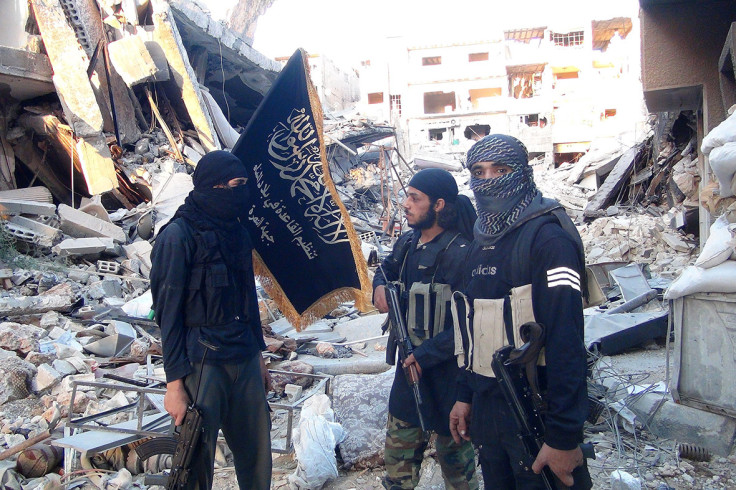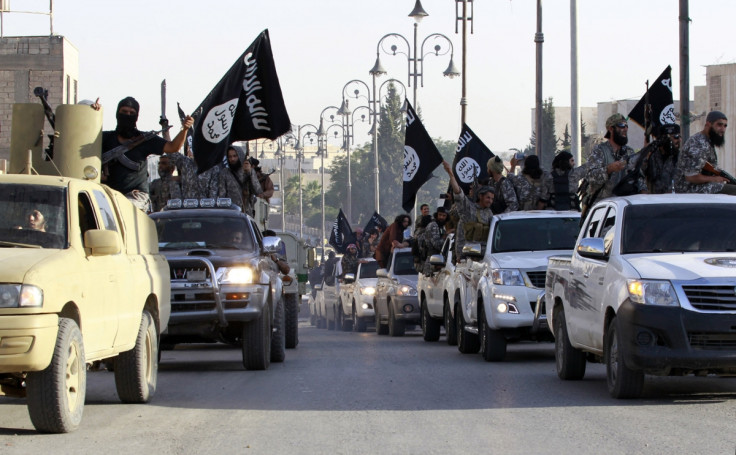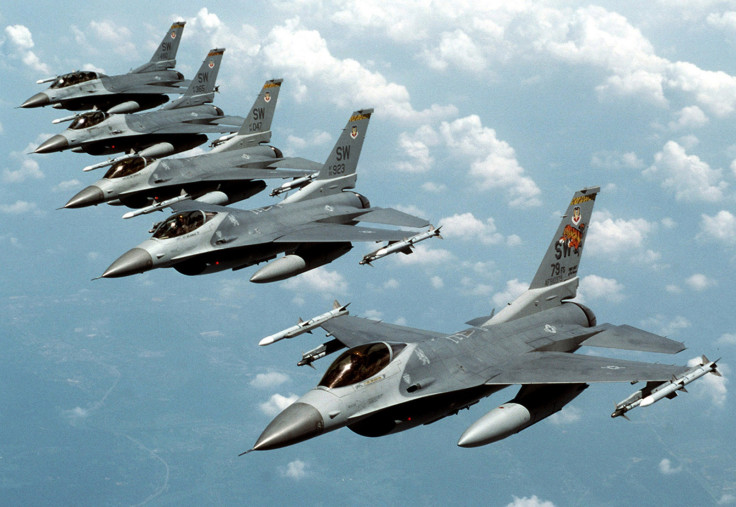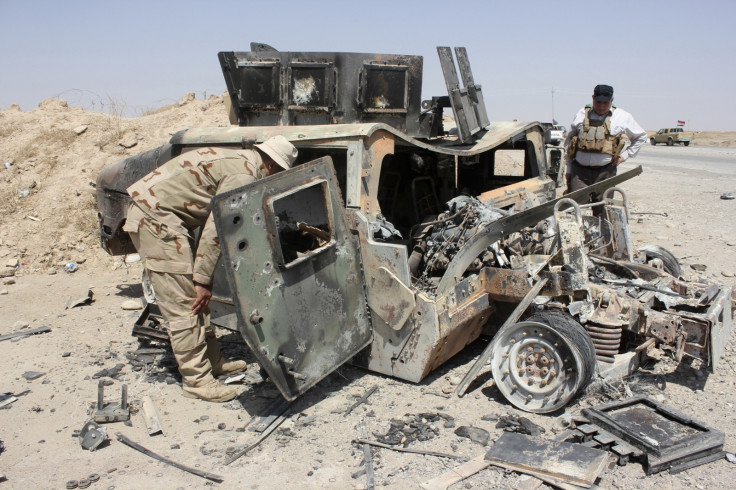US-Led Air Strikes Force Isis and al-Qaida to Cooperate
Isis and al-Qaida exchange prisoners in first collaboration since both groups severed ties earlier this year

Western-led airstrikes in Syria are apparently leading to greater cooperation between Islamic State (Isis) militants and al-Qaida.
Although al-Qaida previously severed ties with the militant group, both organisations exchanged prisoners on Friday in a sign that US-led air strikes are pushing al-Qaida to re-establish links with the Islamist terrorist group, The Times reports.
Commanders from the al-Qaida-linked Nusra Front and the Islamic State coordinated the exchange, which is the first time the two groups have worked together since they announced their split earlier this year.
It is believed hundreds of prisoners were exchanged in the deal, which will increase the ranks of both groups as air strikes escalated the death toll in Syria. US-led air strikes against the Islamic State in northern and eastern Syria killed at least 70 fighters on Tuesday, according to the Syrian Observatory for Human Rights.
"It is a sign of rapprochement," a Syrian activist who helped broker the exchange told The Times.

Both groups have been fighting each other since the Islamic State failed to take over the Nusra Front last year, leading al-Qaida's leader Ayman al-Zawahiri to formally cut ties with the Islamic State.
However, Nusra Front militants were surprised to have been hit by the first wave of American-led air strikes, believing Isis was the sole target of the campaign.
Rallies were held across rebel-held parts of Syria after Friday prayers this week to condemn the air strikes against the Nusra Front.
"They are our brothers against Assad," said Abu Ahmed, an activist in Deraa, where one of the protests was held. "You attack them and you are helping Assad."
This week, the Pentagon announced that it is targeting an al-Qaida offshoot known as the Khorasan group, which was allegedly planning an imminent attack in the US. Syrian analysts, however, say the Khorasan group is a recently established wing of the Nusra Front, and is mainly concerned with battling the Assad regime.

Charles Lister, a visiting fellow at the Brookings Institution, said the US's military strategy has been condemned by at least 12 rebel groups, including moderate organisations such as Harakat Hazm, which receives anti-tank missiles from the US.
Lister said comments by chairman of the US joint chiefs of staff General Martin Dempsey that the US's strategy is based on deferring the fight against Assad were "deeply damaging" for US relations with moderate rebels.
Syrian government officials have also sought to capitalise on the US-led air strikes by promoting the impression that the US military is fighting alongside Syrian government forces against Islamist fighters.
Concerns have been mounting that western-led air strikes against the Islamic State could help Assad as the Islamist group, which controls significant swathes of northern Syria and Iraq, has been achieving military victories against Syrian government forces.

In an editorial earlier this week, the New York Times warned that the potential benefits of air strikes to Assad's forces "may be the most dangerous and morally troubling consequence of President Obama's decision to cross the Syrian border to fight the Islamic State".
The Turkish government has also demanded that the US-led coalition against the Islamic State should focus on removing Assad from power in exchange for its involvement in the campaign to destabilise the Islamic group.
On Friday, UK MPs voted to join the US-led air strikes in Iraq by a vote of 524 to 43. Defence secretary Michael Fallon said the UK would engage in a long campaign and that there would not be a series of "immediate hits".
© Copyright IBTimes 2025. All rights reserved.





















